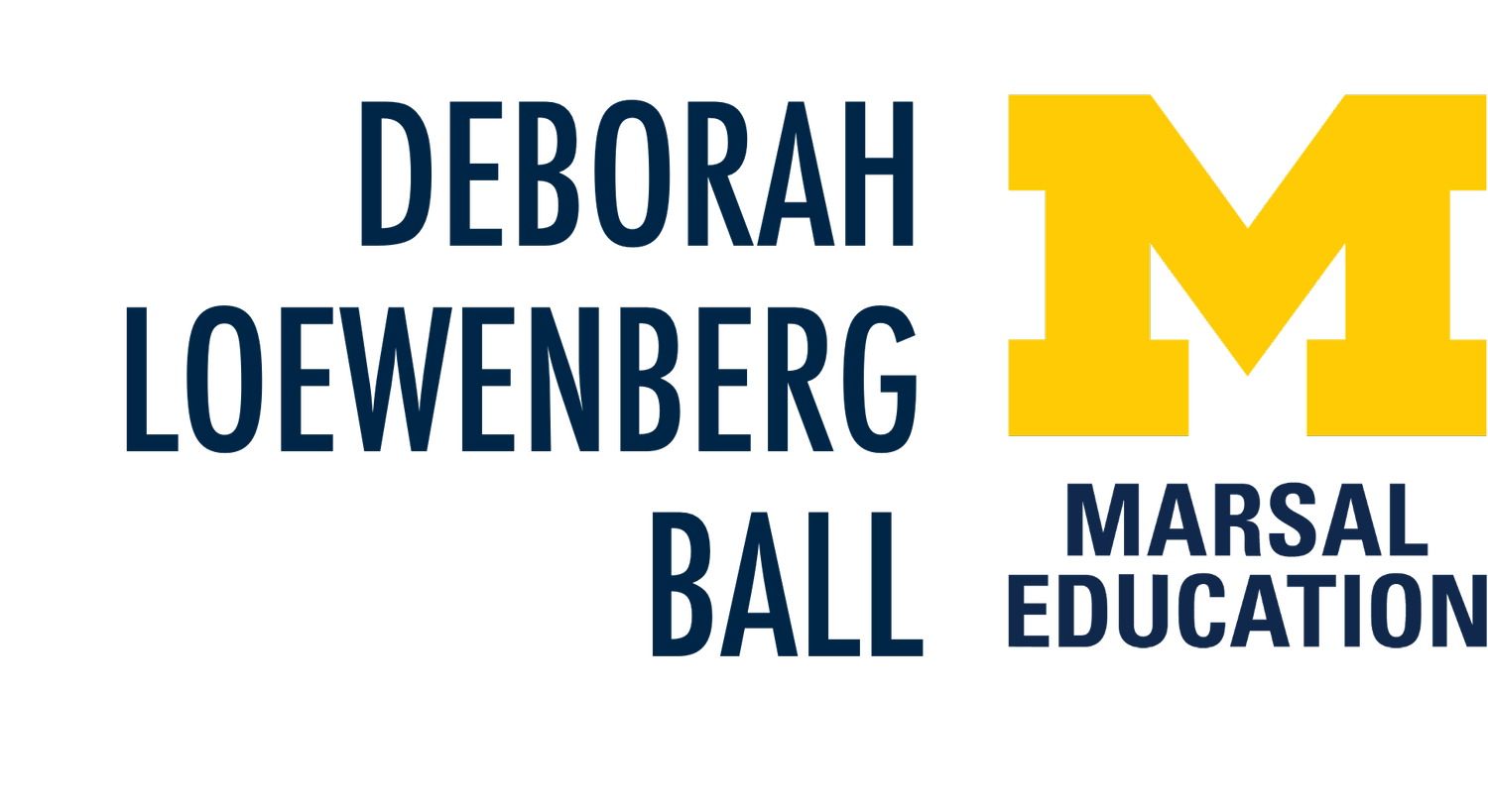The May 20, 2025, episode of the Smart Talks with IBM podcast opens with an exploration of a video of Deborah Loewenberg Ball teaching her third-grade class in 1990. The referenced video shows 10 minutes of a longer discussion about even and odd numbers. A boy named Sean comments that he has noticed something special about the number six. He claims that it could be even and it could be odd. Sean explains his idea and the class goes on to discuss it, raising other perspectives, counterarguments, and questions.
Malcolm Gladwell, the host of the podcast, offers this summary of the video:
In the video, the teacher Deborah Ball doesn’t have a predetermined plan that she’s imposing on the class. She’s improvising—making up her approach as she goes along, responding to her student’s odd theory about the number six. Second, she’s taking Sean seriously. She’s not dismissing his theory. She’s listening to him, and trying to understand the problem, from his perspective. And thirdly—and most importantly—she’s not force-feeding him the right answer. She’s being patient. She’s waiting to see if—with just the right subtle hints—he can get to the right answer on his own. Improvisation. Empathy. Patience. That’s responsive teaching.
Gladwell uses this video and the complexity of the teaching featured to explore the role that AI could play in teacher preparation. He and his guests consider how an AI assistant trained to respond as an elementary student could be used to prepare and support novice teachers.
Listen to the podcast episode, “How AI Assistants Can Transform Education,” and view additional supporting materials at the Smart Talks by IBM website.
Watch the Sean video and view additional supporting materials at the University of Michigan Library Deep Blue Repository.
Watch Deborah Loewenberg Ball reflect on the Sean video in her Distinguished University Professorship Lecture.
